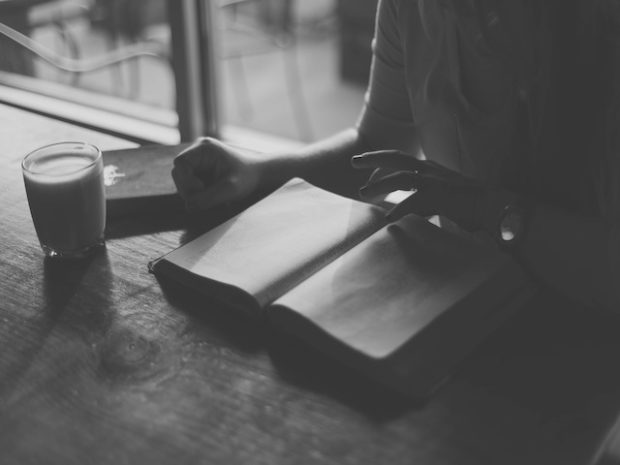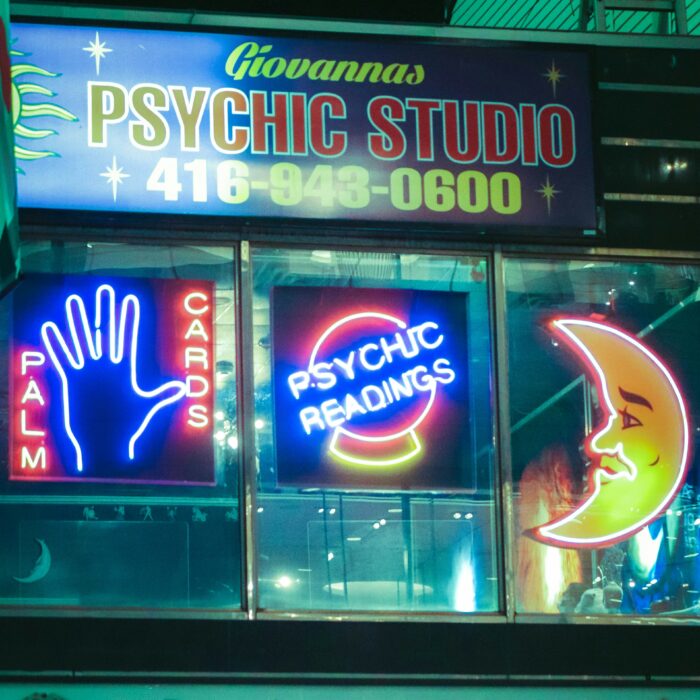You have no items in your cart. Want to get some nice things?
Go shopping
There is a book that had been on my reading list for a while. For one, having lived for a little while in Bombay (I lived in the south where people still call it that), I have a fascination for the city like no other, a soft spot for any story that is based here. The nuances are abundant, hard to capture, but so vibrant when done right. There are some cities like that – more personality than massive plots of land, that swallow you whole and let you influence them just as much as they change you. Countless poets and writers have written about them, and Bombay – amchi Mumbai – as a writer’s delight, doesn’t disappoint. I’ve read of the drug lords, of a foreign criminal fleeing the cops, of love and of death in Mumbai, of a feminist writer from Kerela who lived about two hundred meters away from where I did, on reclaimed land, forty years ago. I’ve watched all the glitzy Bollywood movies. I’ve been a regular traveler in the local trains, going back and forth from Churchgate to Andheri, walked along Marine drive in the rain; at noon; at 3am, the skyline lit up on Diwali; with friends; with parents; gone for morning jogs; looked out for hours at the glorious Arabian Sea, and cried. Despite the garbage it keeps throwing back, the crowd, the inevitable floods every few years, the rain and humidity it brings along as side products, the sea is undoubtedly one of Mumbai’s redeeming qualities. The food and the people come a close second. Sita aunty worked in our house, cleaning dishes, doing jhadoo pocha for two years. She would call me baby, even as I turned twenty-one. Even five years after we moved, she still calls every Diwali, and asks my mom “Baby kaisi hai”.
Yet nothing could have prepared me for this book.
*
A few minutes past or before my twenty-fourth birthday, depending on which time zone I wish to adhere to, I find myself in a book store, in a quaint city in Portugal. I’ve been reading about Pessoa, and Lisbon through his eyes, where I’m spending my birthday weekend, but my mind is elsewhere. It’s riddled with longing for a city that I met briefly, but that will forever have a place in my heart; mysterious, charming and often impenetrable, dangerous and alluring, seductive in its offering of misery and joy in equal amounts, but above all the presence of possibility – everywhere. Some may call it hope.
There are similarities to these two cities, I think, my mind trying to draw connections in its wandering, to stabilize. While Lisbon is built on seven hills, Bombay was built on seven islands. It owes its name, and its origins in a sense, to the Portuguese, who called it Bom Bahia – the good bay.
I’ve spent two hours in my flight here, reading a real account of squatters and scavengers, of the poorest and filthiest of India, immersed in their world, holding on to their ray of hope as if my own living depended on it. But the world I inhabit is vastly different from the ones I’ve been reading about.
One beer down, but more drunk on the charming bookstore I’m sitting in, this stark difference between a world long gone (Lisbon in the 1930s) and a world very much alive but farther from my reality than I can ever hope to comprehend (present-day Bombay slums), doesn’t quite register fully.
It’s my birthday, supposedly an occasion of celebration and I can’t be bothered to fight the cognitive dissonance, so I pick up another book.
Livro do Desassossego: the Portuguese translates as “The book of disquiet”.
As someone who so often finds herself feeling a sense of disquiet, turmoil, anxiety, Desassossego (I like the soft ring to this word), I feel strangely comforted with this book in hand. Perhaps that is the mark of extraordinary prose, sympathetic to its bone; a writer that takes pleasure in language, pleasure in observing, no matter what the subject.
He writes of certain kinds of eateries in Lisbon where people with uninteresting faces, but that have a certain kind of digression from life, are frequently found. And I wonder if I could be one of those uninteresting faces, in a different time.
*
Behind the Beautiful Forevers is a curious title. It refers to a huge billboard near the international airport in Mumbai, hosting an advertisement of Italian tiles, “beautiful forever”, behind which lies Annawadi – the slum that makes the setting. This book – Behind the Beautiful Forevers: Life, Death, and Hope in a Mumbai Undercity, by Katherine Boo – is so much harder, because it isn’t fiction. You grow attached to the characters as you follow them through the sewage strewn slum lanes. You know these kids live, but that they are always on the brink of death through disease, starvation or accident. You know they will fight each other for the aluminium-foil wrapped meals you ate in your international flights. Maybe you got a business class upgrade. I don’t think I will ever be able to look at the garbage I throw away in India in the same way again. We are known to be a dirty nation, we discuss it with our upturned noses in our posh clean homes. And even so, I never knew how many boys have skipped school to work in the garbage business, collecting and sorting, that their lives depend on it, literally; that a garbage bag makes for a bed on nights when there is a possibility of it being stolen. And perhaps for this ignorance, this book needed to be written. One feels mawkish while retelling their experience of the book to another but the writing itself is neither sentimental, nor crass; it is personal, the details having been so compassionately captured.
You try to detach, you try to contemplate on what makes the system, the structure, such; to think of what you can do as an individual. What can you do, having turned a blind eye your whole life, beyond the concoction of pity, sympathy, guilt, shock, helplessness, sorrow you feel inside, for these have no purpose, no value?
It’s easy to spiral down life’s bigger questions as you read this book – the moral dilemma, the frustration at the system. In a place like Annawadi, is a moral compass a privilege its inhabitants can afford, when the choice, every minute, is between watching your family starve, and trying to be correct in a ruthless, unfair world? Katherine Boo captures the essence of these questions in her dedicated narration. One can only imagine the monumental task she has executed with such grace.
*
I tried hard, on that trip to Lisbon, to think about what growing a year older meant to me. Perhaps I was supposed to have some kind of epiphany, maybe there were vows and promises to be made about the year to come. The day itself was only a means to reconnect with people I hadn’t spoken to in a while. Lisbon’s trams, and the old neighborhood of Alfama, though, were altogether too charming to entertain such existential thoughts. And wasn’t I there to escape anyway, to drink away my millennial sorrows, those larger-than-life anxieties? And so I let the pressure to be more slide.
*
Pessoa wasn’t discovered, as an artist, until after his passing, when trunks full of his works were found and studied, and his genius acknowledged. He lived his life as a translator of French and English works, none of which were his native languages. He is now regarded as one of the most significant literary figures of the twentieth century.
Katherine Boo is a journalist who has spent her career studying poor communities. On being asked in an interview about the slum dwellers’ reactions to her, she said that she was a circus act to them – a pale-skinned, blonde-haired old woman following them, asking questions. She went on to say that they had more pressing concerns, and the fascination wore off soon. There was always more work to do, families to be raised.
That image of Pessoa, hunched at night, scribbling away on bits of paper, and that of Katherine Boo, sitting around in Annawadi, have stayed in my mind. They remind me every time I feel “uninspired”, when hope is crippling at best, at how silly that idea is. That what I do in this life, day after day may seemingly have no impact, that one ought to create for the sake of creation itself, for the love of life. And maybe this love for life can make one wander into dark corners, and light a spark. Compassion, not blame, is the only thing sure to work in the face of hopelessness. Maybe you’d make a ripple, a dent, however small – be the catalyst of change, and maybe you’d be forgotten. Who is to know, in a world driven by the kind of chaos, the mechanics of which, we are yet to understand. Must the end result be our only motivation for creation, for action? They’ve given me a glimpse into what it is like to be life-affirming and desperately sad in the same moment.
In Abdul’s words, to be ice, in a world made of water.
The two authors I discovered this birthday, Katherine Boo and Fernando Pessoa, have reignited that little sparkle in my heart. And what more could I have asked for?



